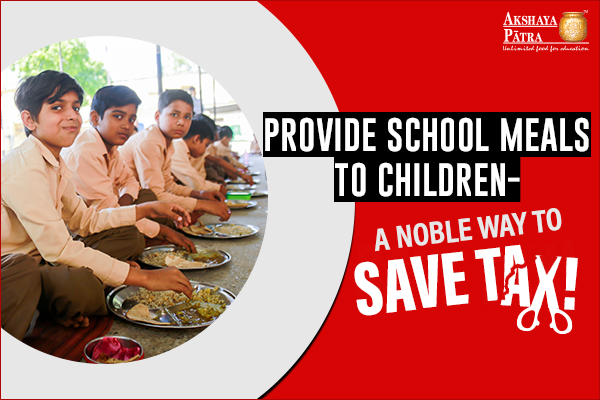1. Value Chain:
When consumers purchase goods, retailers must order more goods to replenish their stock. In turn, factories must manufacture the goods for retailers. The factories then purchase more raw materials to use to manufacture more goods. This is how consumer spending is able to drive much of the economy.
2. Research & Information:
The retailer provides useful information across the supply chain. He informs and educates customers about product features and benefits. They provide information to consumers through advertising, displays, and signs and sales personnel. Marketing research support is given to other channels, members. Retailing in a way is the final stage in marketing channels for consumer products. He also provides feedback about consumer requirements to the manufacturers and wholesalers which help them in planning production and supply.
3. Mobilizing Finance:
The retailing industry mobilizes the investment and savings of people, as a small shop can be set up with minimal investment. They store merchandise, mark prices on it, place items on the selling floor, and otherwise handle products; usually they pay suppliers for items before selling them to final customers. They complete transactions by using appropriate locations, and timings, credit policies, and other services e.g. delivery. They influence the lifestyle of consumers and help people to build their identity in a social setting.
4. Economic Development:
Retailing has a great impact on the economic development of a nation. Retailing has become an intrinsic part of our daily lives. Consumer spending on retail goods drives much of the global economy, and the retail industry employs a large number of people. Nations that have enjoyed the greatest economic and social progress have a vibrant retail sector. Retailing is one of the most important industries in the world and plays a predominant role in the economic development of the country. Healthy retail sector growth and speeds up economic development.
5. Generating Employment:
There are a large number of people and companies involved in the production, distribution, and retail of goods. Globally, retailing is the largest revenue generator and employment provider next only to agriculture. It provides opportunities to the poorest and unskilled along with the educated and skilled. As a major source of employment retailing offers a wide range of career opportunities including; store management, merchandising and owning a retail business.
6. Social Responsibility:
Successful retailers also recognize that people want to see the improvements in the general level of consumption and social cohesion over time. Retailers have to enhance their perceived value to the community by acting as a focal point and through effective public relations and promotional campaigns including sponsorships. This encourages social responsibility behavior by the corporates where public welfare programs get funded by a certain percentage of purchase prices of the company’s products.
(Retailers today can no longer be accurately characterized as intermediaries that buy from suppliers and sell to customers. Today they serve as ecosystems in which value is created and delivered to customers and, subsequently, appropriated by the retailer and its business partners.)


